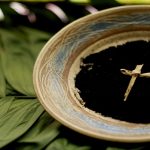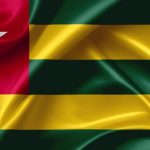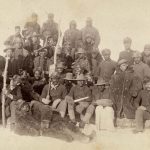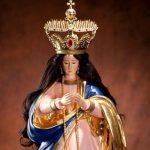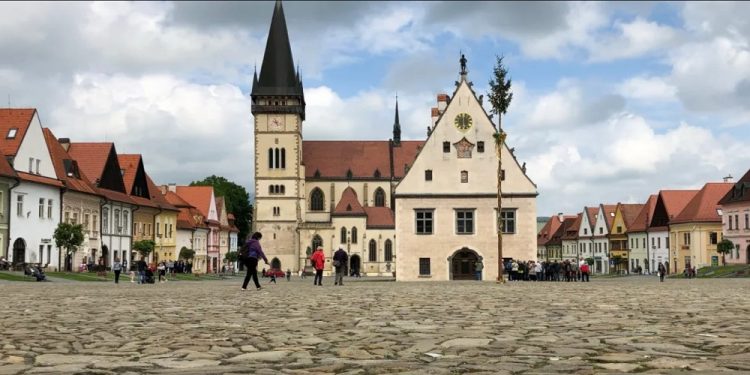
Day Of The Declaration Of Slovakia As An Independent Ecclesiastic Province
In Slovakia, there are several remembrance days. These holidays differ from public holidays in that they are working days, while public holidays are non-working days. Some of the more common remembrance days in this country include the Birth of Ľudovít Štúr Day, Reformation Day, and Deň vyhlásenia Slovenska za samostatnú cirkevnú provinciu, or in English, The Day of the Declaration of Slovakia as an Independent Ecclesiastical Province.
This last remembrance day of the year falls on December 30th and commemorates the declaration of Slovakia as a separate ecclesiastical province as declared by Pope Paul VI.
History Of The Day Of The Declaration Of Slovakia As An Independent Ecclesiastical Province
The Archdiocese of Bratislava is seated in Bratislava, the capital of Slovakia, and is a Roman Catholic archdiocese in western Slovakia and the western Trnava regions. It was initially created as an Apostolic Administration of Trnava on May 29th, 1922, and it was subordinate to the Archdiocese of Esztergom — located in Hungary.
However, that changed on December 30th, 1977, when Pope Paul VI separated it from the Archdiocese of Esztergom and gave it special status. It was renamed the Archdiocese of Trnava. On March 31st, 1995, the archdiocese was renamed the Archdiocese of Bratislava-Trnava, and its suffragans have been of Nitra and Banská Bystrica.
Its territory covers Bratislava, Trnava, the Nitra Region (not the city of Nitra or the strip that connects it to the Diocese of Nitra), a tiny portion of Trenčín, and part of the Banská Bystrica regions.
In 2008, the archdiocese was split between several different dioceses. It was renamed the Archdiocese of Bratislava, and the seat was moved from Trnava to Bratislava. It then became the seat of the Slovak church.
Observing The Day Of The Declaration Of Slovakia As An Independent Ecclesiastical Province
This holiday is a working day, so for most people, life continues as it would on any other day. For Slovak Roman Catholics, it’s a day that’s observed with a few religious services, but other than that, it is more of an academic holiday than anything else.

